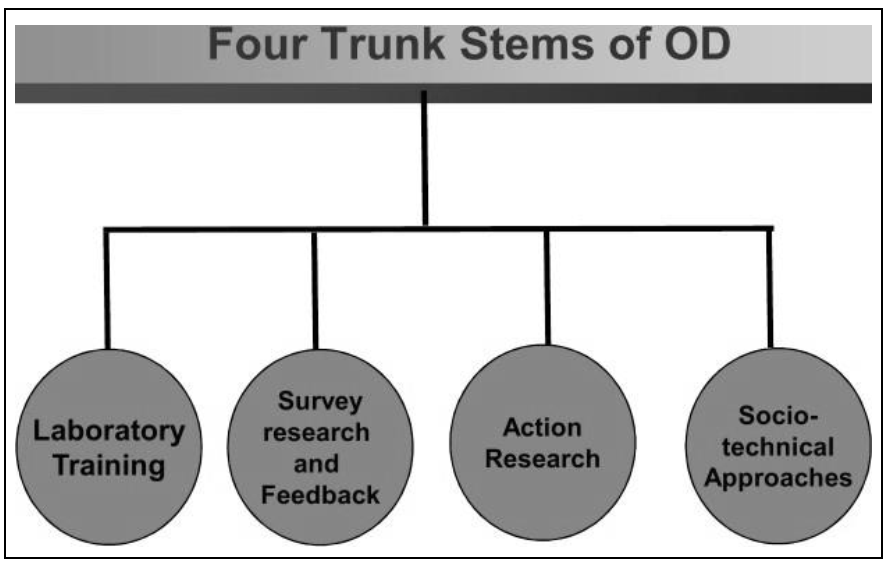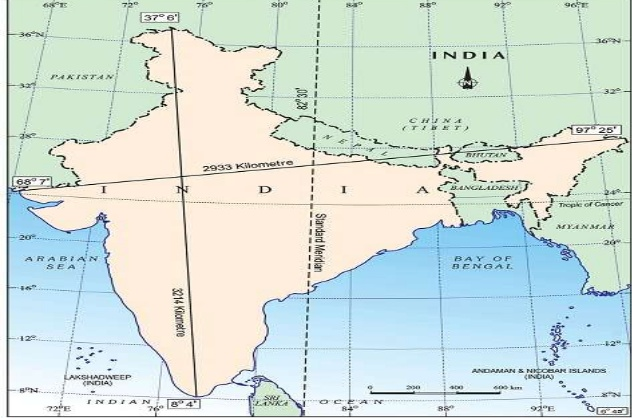Organisational Development has evolved over the past 60 years from the applications of behavioural science knowledge and techniques to solving organisational problems. It started in the 1940s at MIT and is developed by an applied social scientist such as Kurt Lewin. It is influenced by Carl Rogers & Abraham Maslow. During the period around World War II, Lewin […]



